Line calls, court behavior and serve rules enforcement have been very topical in the world of pro pickleball this summer, but do we know the individuals who actually are responsible for making sure the game is officiated properly?
I was recently able to sit down with two of the most important figures in pickleball refereeing to better understand who these people are, what type of training they receive and other factors the casual fan might not be aware of.
Hopefully after reading this you will have a newfound respect and gratitude toward the referee the next time you play a tournament. It is in many ways a thankless job.
The individuals in charge of officiating
Mike Baumgardner - APP Tour Director of Officiating
Mike started playing pickleball in 2018 recreationally while in Florida and began refereeing in February of 2020, right before the pandemic hit. He became a Level 1 Referee in October of 2020 and worked his way up the refereeing ladder (along with his wife). Prior to being named the Director of Officiating for the APP Tour earlier this year, he had been a Head Referee for the APP Tour.
Courtney Johnson - Major League Pickleball - Head of Competition
Courtney started playing pickleball in 2012 at her local rec center with indoor courts, and she began to notice a huge need for referees as she played more frequently. The tournaments in which she was competing were being slowed down, partly due to a lack of refs.
Courtney, adept at problem solving, took a few refereeing classes and never looked back. In 2018, Courtney became a Certified Referee and she is now the Head of Competition for Major League Pickleball.
Becoming a referee
USA Pickleball is in charge of credentialing referees, and the organization provides training for those interested in becoming certified.
There are dozens of resources available to becoming a referee, but the best resource is on the USA Pickleball website. There are different levels of pickleball referees in the USA Pickleball system.
Let’s get into the levels and details:
Becoming a Certified Referee (CR) is a long process with incremental steps. I am going to refer to Certified Referees as "CRs" so I don’t develop carpal tunnel, and it’s also cool to use the vernacular that the referees use 😄.
There are three tiers of credentialed referees by USA Pickleball. Special thanks to Mike Baumgardner, who explained this process and the levels during our interview.
In order to be certified as a Level 1 Referee, a person must meet certain criteria:
- Be a USA Pickleball Member
- Take a classroom training from a Registered Referee Trainer
- Pass an eye exam of at least 20/30 vision
- Be at least 16 years old
- Practice refereeing skills in unsanctioned matches
- Be assessed by a Certified Referee or Referee Trainer and pass all Level 1 requirements
Level 1 certification can typically officiate all amateur matches at most pickleball tournaments.
Level 2 certification is a little more intense and requires more practice and precision in terms of referee knowledge and court management. Level 2 referees can officiate all amateur matches at a pickleball tournament, and even some pro matches in certain circumstances.
PicklePod: Let’s be blunt about pickleball with Travis Rettenmaier
This week’s guest on the PicklePod is Travis “The Rattlesnake” Rettenmaier. Known for holding nothing back, he talks about the state of pro pickleball and the cheating happening in clear view.
 The Dink PickleballJason Flamm
The Dink PickleballJason Flamm
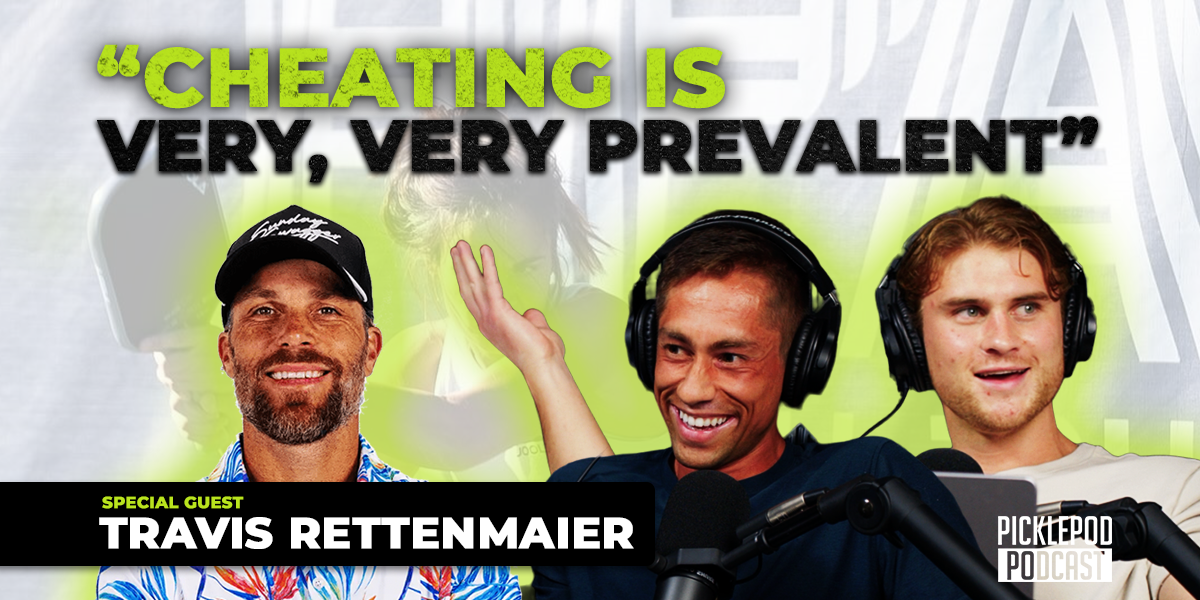
Certified Referee is the top level of refereeing, according to USA Pickleball. These referees can officiate any matches in a tournament – pro or amateur. These referees are usually given priority in terms of Championship Court or any high-visibility livestreaming broadcasts at pro level tournaments.
Are these referees compensated?
Referees are usually paid according to their level of credential. CRs make the most, followed by L2s and then L1s. Every event is a little different, but most tours and events follow a similar pay structure. This is not always the case, but average pay for referees is as follows:
- Certified Referee: $20 per match
- Level 2 Referee: $15 per match
- Level 1 Referee: $10 per match
Please note: This is not the pay scale for any given tour or event, it is just an average pay scale I have seen while researching different events.
With that being said, some tournaments and events do a "daily rate," meaning it doesn’t matter how many matches the referees work. There are many different variations within referee pay, depending on the tournament and pro tour. Some events include a travel or accommodations stipend.
Regarding referee pay, Baumgardner told me: "Our referees have all the information they need to make good financial decisions in terms of attending a certain event or not. If the venue is further away from an airport and their hometown, they know they may not break even on that trip and decide not to go. If an event is closer to their hometown, they are more likely to work that event because they can actually make a profit doing so."
How the APP approaches and develops referees
Baumgardner is a full-time employee of the APP Tour and is the only employee specifically assigned to refereeing. He has regular meetings with senior-level staff and is in charge of assigning Head Referees, while ensuring the referee staffing is correct for each venue.
Your Guide to Hooking Like a Pickleball Pro
Do you know what hooking means in pickleball? It’s not what you think and it happens more frequently than you think.
 The Dink PickleballJason Flamm
The Dink PickleballJason Flamm
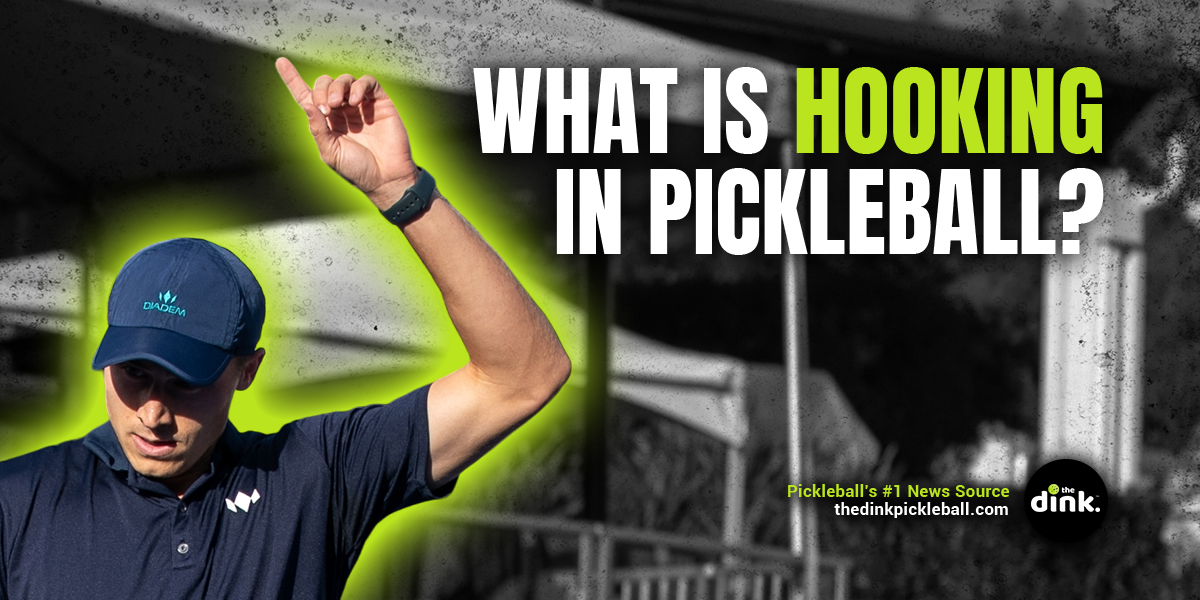
When it comes to the number of referees needed for an event, it's mostly dependent on how many courts are being used. If there are 20 courts being utilized Mike needs a minimum of 20 referees, but he prefers a few more on site for unforeseen circumstances.
Pickleballdesk.com is a place many tournament directors go to source referees, line judges, and volunteers. It is not restricted to just the big tournaments – many local tournaments use this website to source referees and volunteers. Pickleballdesk.com is where each tournament lists the pay scale for referees as well.
Baumgardner on the make-up of APP Tour referees:
"The APP Tour referees are mostly regional – many of the west coast referees only travel to west coast venues and the east coast referees mostly stay in that area. There are a handful of referees that travel to most of the sites, but the vast majority of referees on the APP Tour are regional.
"On the APP Tour, a majority of the referees are retired, but there are quite a few people who work full-time and are weekend warriors and referee on Friday, Saturday, and Sunday."
The APP Tour typically streams center court matches on Friday, Saturday, and Sunday on APPTV. However, the tournaments usually begin on Monday or Tuesday, especially for the amateurs and pro qualifiers.
When deciding on center court referees for matches being livestreaming or considered high profile, Baumgardner says those assignments are based on performance, observations and feedback.
"We have a referee call prior to every tournament. We tell all the CRs upfront, we have to decide who we are going to put on center court, and not everyone is going to be on center court. As the head referees are going around the grounds monitoring and evaluating, they are looking for the right scripts, the right mechanics, how they handle situations on their court, and if they control their court well. Based on the roster of CRs at the tournament and these observations prior to livestreaming, the head referees make decisions on who handles center court duties for the tournament."
Every center court referee team has a quick debrief after each match with the head referee(s), where feedback is shared with the goal of improving. This is a quick debrief where key decision points, any script errors, or areas where the head referee really liked something are conveyed.
I also asked Baumgardner about building up referees in terms of training and level.
"The APP Tour started a program called the APP Referee Development Initiative (ARDI) this year," Baumgardner told me. "Mark Peifer is now the leader of that program. This program allows for him to be on site along with two or three ARDI assessors (Credential Referees). They will go out onto the court with Level 1 and Level 2 referees. Afterward, the ARDI assessors will provide feedback to the referee, focusing on making them more ready for the next level. Mark himself will also evaluate CRs, helping them to improve their craft as well. The main goal of ARDI is continuous improvement."
Specific events are ARDI specific events, so Level 1 and Level 2 referees know they can receive additional training at these tour stops.
When asked about working with the other APP senior level staff and everyone within the organization, Mike said, "I want people to understand the commitment that the APP Tour staff makes to support and ensure the referees have the opportunity to work their craft is outstanding. The support that the APP gives to the referee community and the opportunities the tour offers to referees is second to none."
How does MLP handle its officiating?
MLP's Courtney Johnson has a very similar job to Baumgardner but a very different setup. She is a full-time employee of MLP and has to deal with a lot of the logistics as well. She coordinates referees, court assignments, match assignments, PPL coordination, setup team coordination, broadcast partner coordination, etc.
Major League Pickleball usually only needs two courts at a time, which helps. Obviously, other courts are needed for warmup and practice, but MLP only streams two courts. With MLP adding some amateur events alongside the pro events later this year, Johnson's job is quickly expanding.
Courtney and MLP don't use pickleballdesk.com. Instead, at the beginning of the season, Johnson had an application process to join MLP as a referee in 2024. Obviously experience played a huge part in the decision-making process, but things like livestream experience, court management, and experience dealing with challenges were also important factors.
One of the most difficult parts of an MLP referee’s job is to go from live play to video challenge and back to live play, using the right scripts and making the information uniform.
Courtney has 11 rotating referees that work MLP events. Not every referee works each event. They're given the schedule at the beginning of the year and Johnson uses an availability calendar to schedule referees for her upcoming events. All MLP referees are CRs and a few of them are actually full-time pickleball referees.
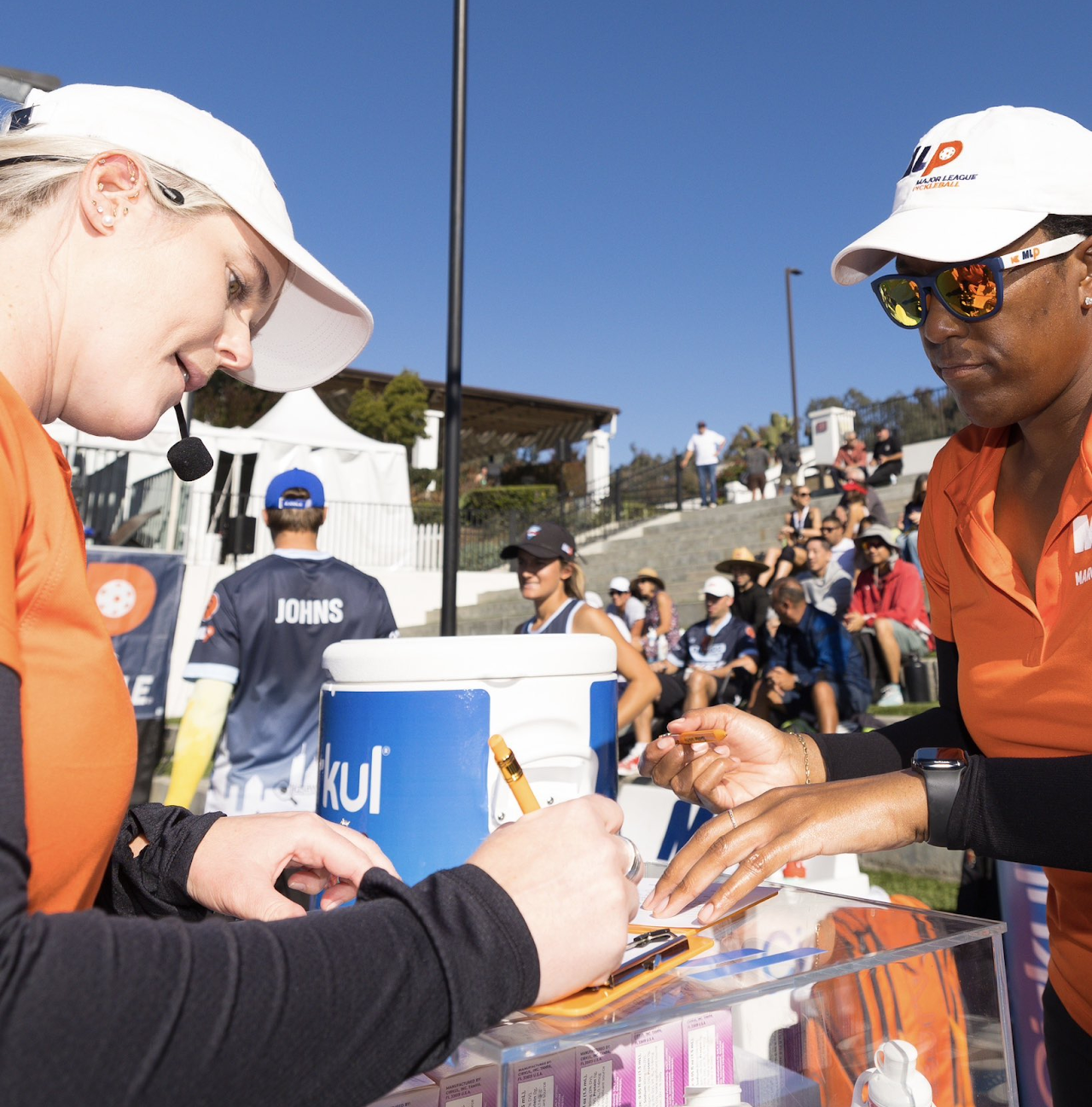 Courtney Johnson working on a scoresheet for Major League Pickleball at a recent event.
Courtney Johnson working on a scoresheet for Major League Pickleball at a recent event.Major League Pickleball is different from a referee’s perspective for a variety of reasons. First and foremost is the rally scoring to 25 in doubles and 21 in Dreambreakers. Obviously it is a team format, with four players as well as coaches, GMs and owners ALL on the sideline.
"Our referees have to enforce the rule that all team communication must come from the team captain. This rule protects the referee from having multiple people taking over a conversation all at once," said Johnson.
Johnson believes the relationship between players and referees overall is a positive one:
"At the end of the day, I think there is a mutual respect between the players and the officials in Major League Pickleball. The refs have a tough job – they have to stay calm, cool, and collected, even if they have an upset player in their face arguing a call. All of our referees have the highest level of professionalism and they don’t let very much rattle them on court. I do think the players respect the refs out on court."
This year, line calls have become a main topic of conversation:
- April 29 - Lea Jansen came on PicklePod and discussed line calls
- May 19 - Line calls became an issue at the Atlanta Slam
- June 7 - PicklePod had Kyle Selinko (co-founder of Close Call Replay) on to discuss line calls
- July 12 - Travis Rettenmaier didn’t hold back on one of the worst line calls in pickleball history
- July 22 - Zane and Thomas discussed line calls and more on the PicklePod
Technology help is on the way
Earlier in the year at the MLP Mid-Season Tournament, fans, players, and referees all got a chance to see the Close Call Replay system. Johnson is VERY excited for Close Call Replay, which is entering the scene full-time for MLP/PPA events starting in September.
"With Close Call Replay technology, it will make our job a thousand times easier. Before this technology, one of the hardest jobs for the referees has been reviewing video challenges. The referee just wants to get the call right. With CCR they will be able to make a call accurately AND more efficiently. We are going to now be able to say with certainty that a ball was in or that a ball was out."
A referee is forgotten as soon as a match is over if that person has done their job adequately. Appropriately, Mike and Courtney never singled out a particular referee throughout either our conversations. They both talked about the referee community, how they lean on each other, and most importantly, both leaders said they are always striving for continuous improvement.
With referee leadership of Johnson, Baumgardner, Don Stanley (PPA Tour), and Tom Tadler (USA Pickleball), the growing sport of pickleball is in good hands in regards to refereeing.
Referees – whether they are Level 1 or one of the most decorated Certified Referees in the world – work hard and have sacrificed quite a bit to help officiate matches. No one is getting rich becoming a pickleball referee, and frequently they are working 30-plus hours on top of their full-time job to referee matches on the weekends.
So next time you are playing a tournament, remember to thank your referee before and after the match. And if you want to help continue growing the sport, think about becoming a referee yourself!
Anuncie Aqui / Advertise Here
Sua marca para o mundo Pickleball! / Your brand for the Pickleball world!

 English
English  Spanish
Spanish  Portuguese
Portuguese  German
German  Italian
Italian  Japanese
Japanese  French
French  Polish
Polish  Russian
Russian  Netherlands
Netherlands  Hungarian
Hungarian  Turkish
Turkish  Videos
Videos 
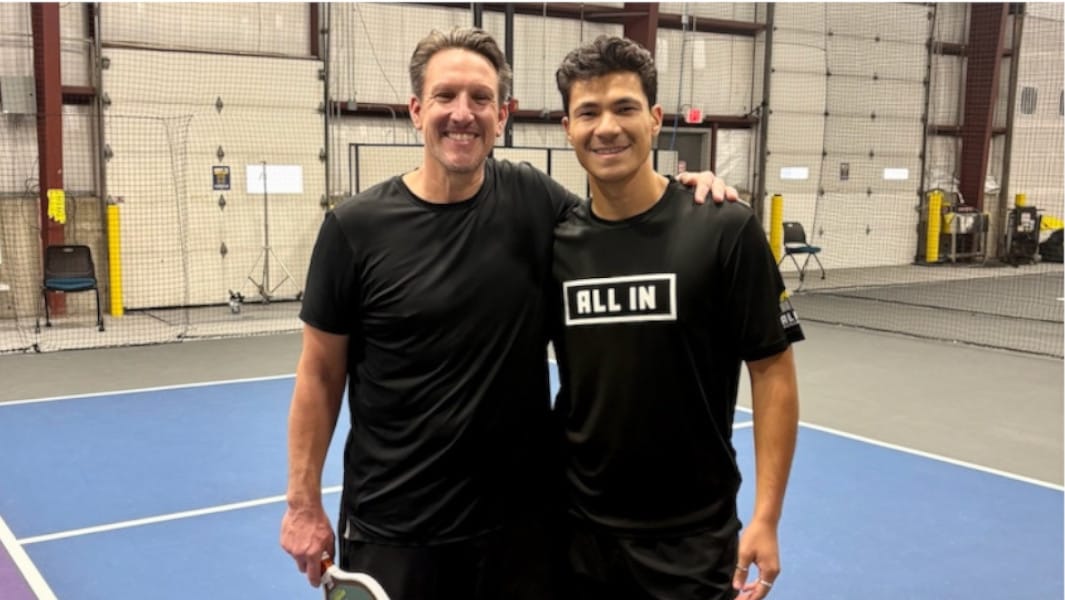
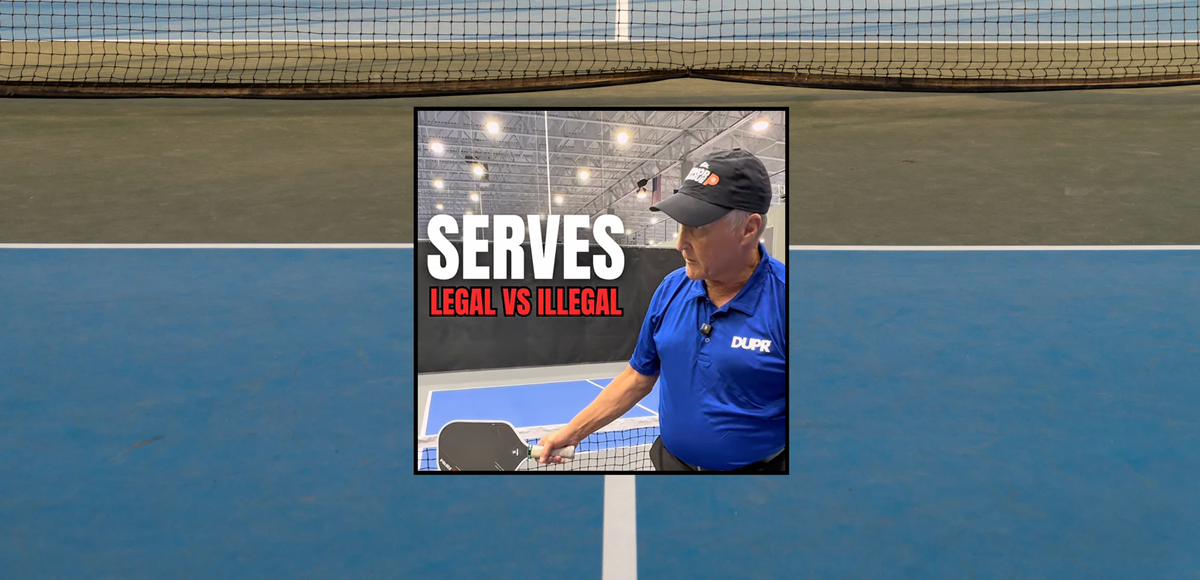
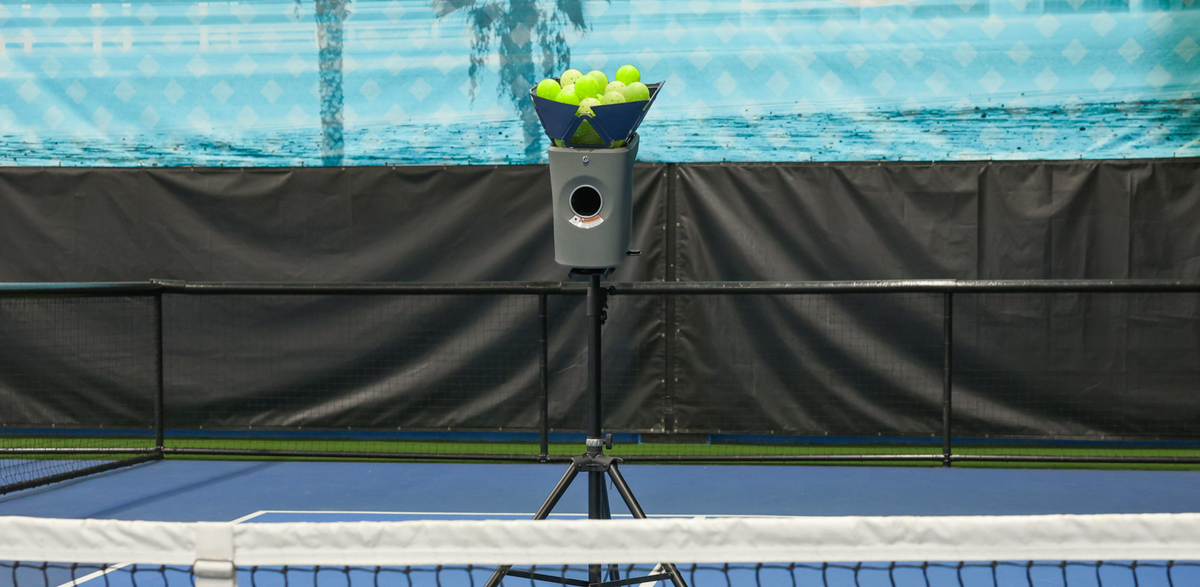
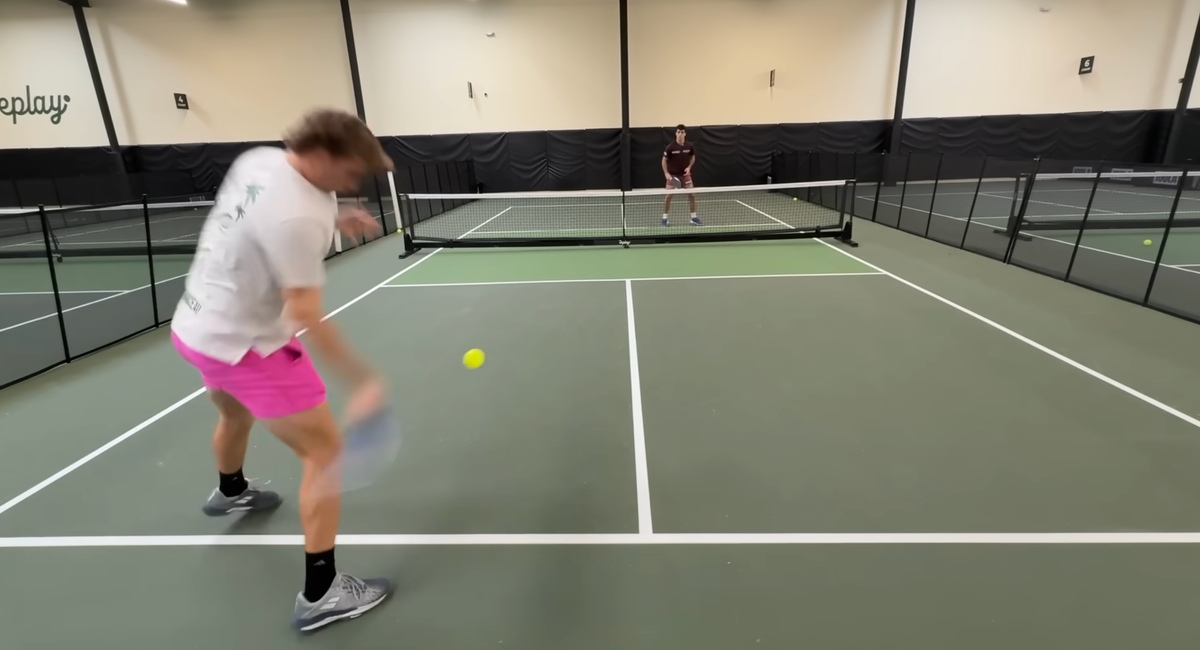




 English (US) ·
English (US) ·  Portuguese (BR) ·
Portuguese (BR) ·